Healthy eating: Are your eating habits really down to your genetics?
If you struggle to eat healthy, it might be your genetics that are the problem, according to this new study
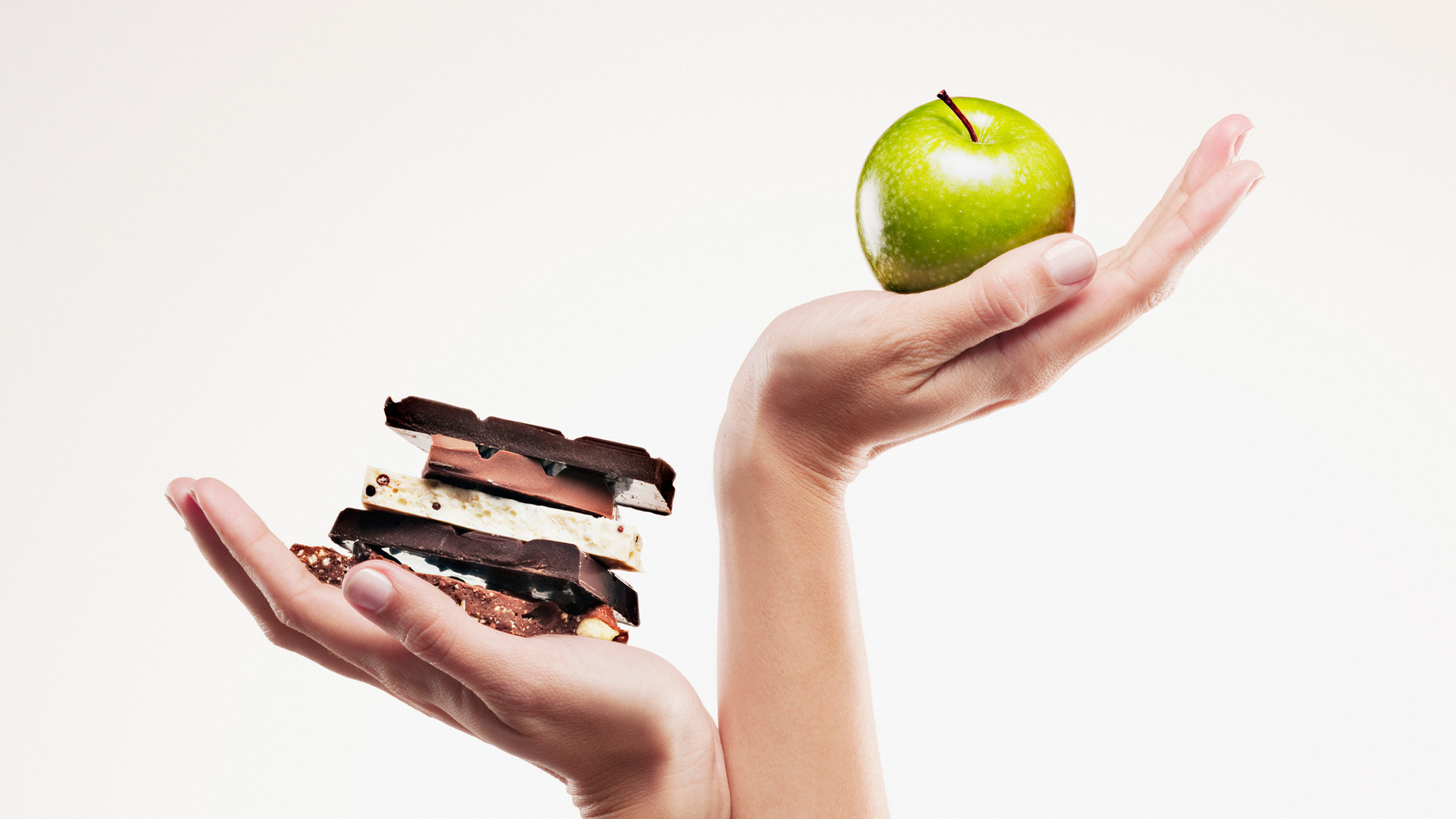

Healthy eating is a choice. That's the common consensus. We choose whether to open and eat a candy bar or a piece of fruit, and we make a conscious choice to drink a glass of water or crack open a can of soda. Whether we adhere to a portion size guide or we load up our plate is all down to us.
However, that might be about to change, as some scientists believe our eating habits could partially be ruled over by our genetics. The study, conducted by researchers from King's College, London, analysed food questionnaire responses from 2,590 pairs of twins, looking for similarities in the responses.
It was found identical twins, who share lots of DNA, had more similar scores then non-identical pairs of twins, even when other factors were taken into account, such as BMI and varying exercise levels. The results indicate that there is a genetic component to food intake patterns.
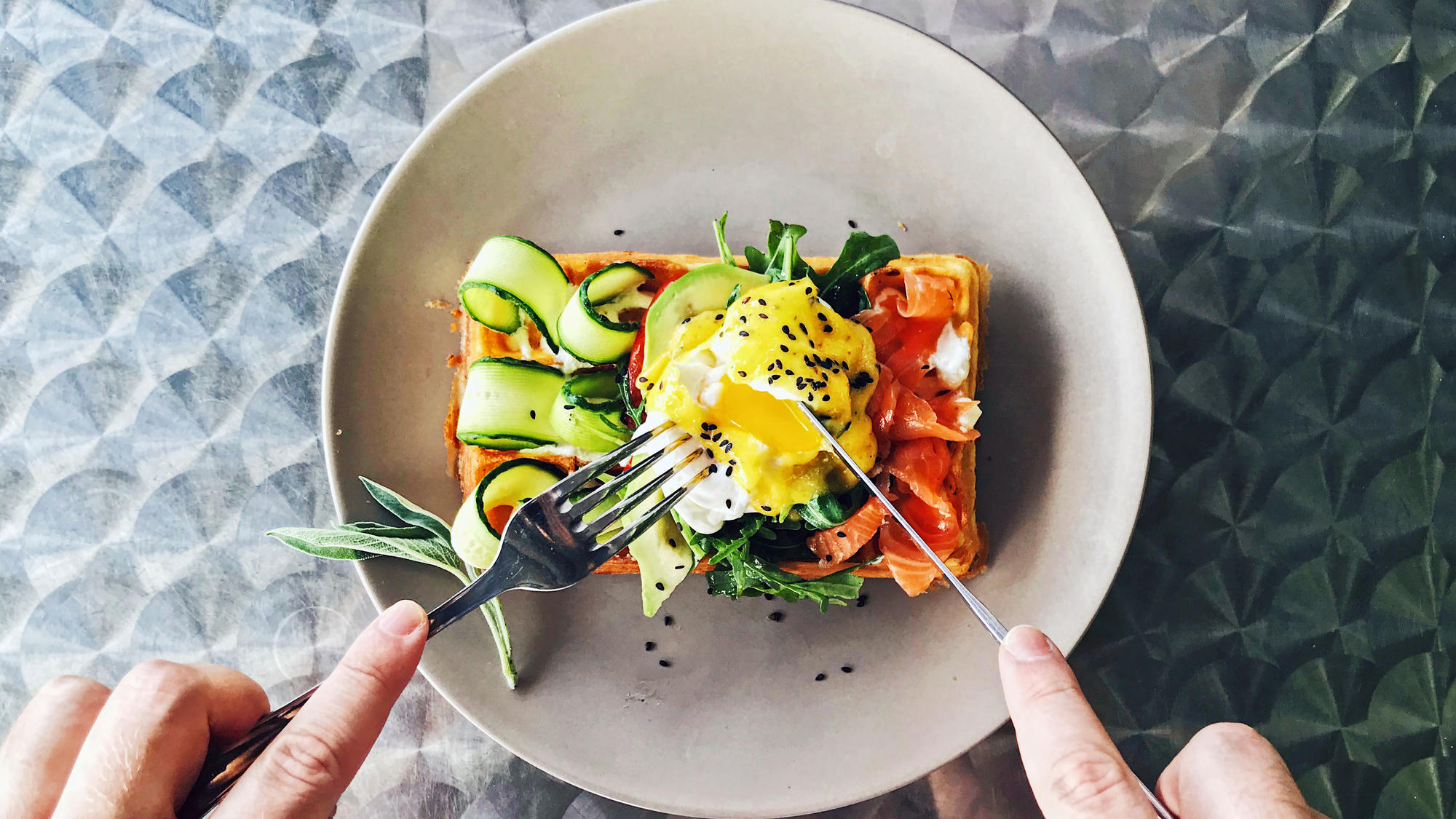
This is a big deal: it means our eating habits are actually, at least in part, influenced by our genetics.
Dr Massimo Mangino, lead author of the study, said: "Our study represents the first comprehensive investigation of the contributions of genetic and environmental factors to the variation in eating behaviour. It highlights the complex relationship between genetic and environment and may have future implications for public health nutrition campaigns."
However, at present, we don't yet know exactly how much of your decision-making process is dictated by genetics. It's also very likely those processes can be overridden. Therefore, although our genetics could make us more likely to be predisposed towards certain eating habits, it doesn't eliminate freedom of choice from the way we eat.
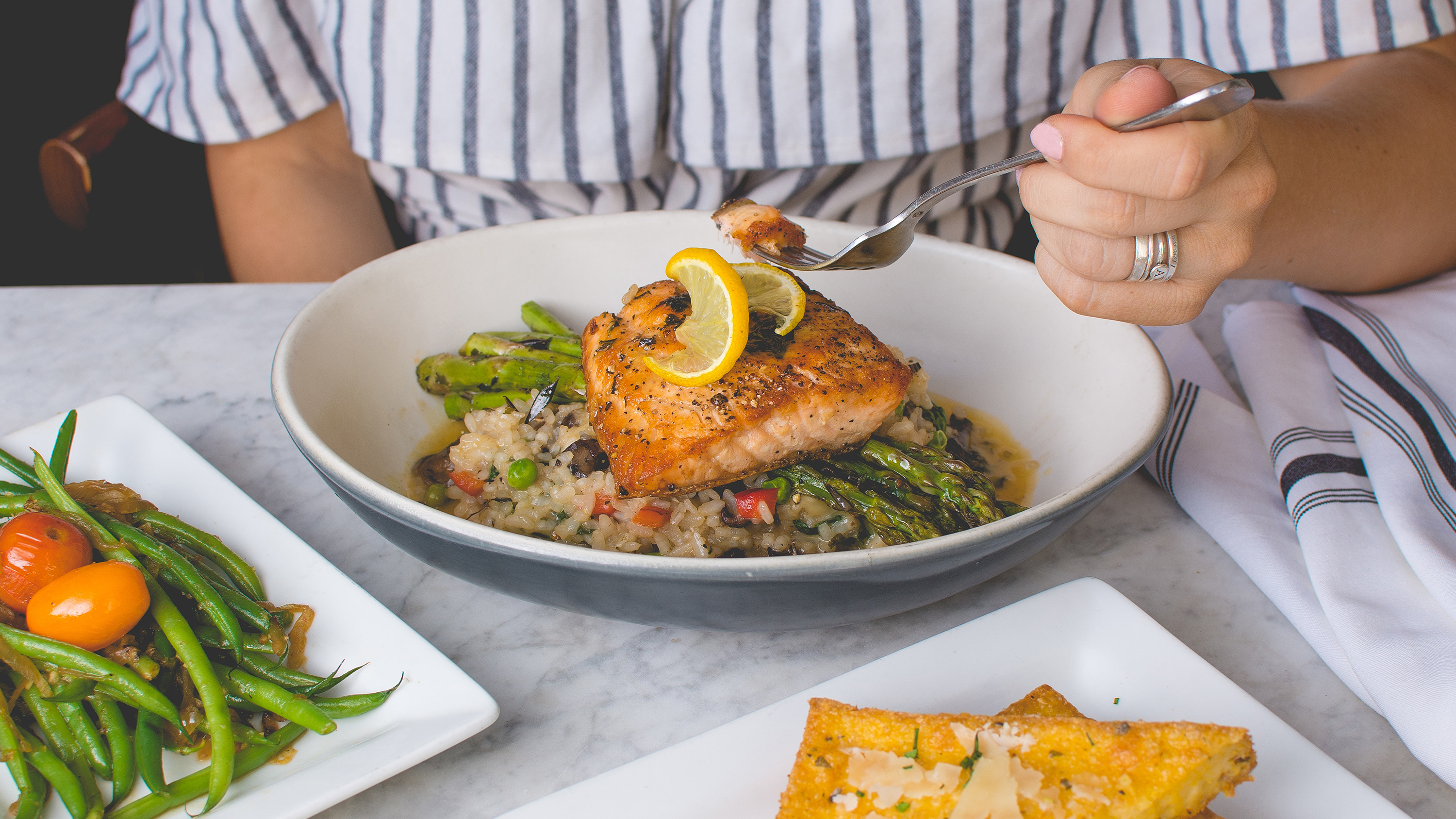
Our Real Life Weight Loss section is full of people who have been eating a certain way all their lives before breaking the cycle and making a change. Likewise, choosing to start a day with a green juice (whizzed up in one of our best blenders) and some of the best exercises for weight loss can help you start the day doing things in a different way, breaking your patterns of unhealthy eating.
Get the Fit&Well Newsletter
Start your week with achievable workout ideas, health tips and wellbeing advice in your inbox.
Mangino said: "This study used food data from female twins only, with an average age of 58. Future research will need to look at dietary indices across a more varied group of people to see if the same findings hold true."
Matt Evans is an experienced health and fitness journalist and is currently Fitness and Wellbeing Editor at TechRadar, covering all things exercise and nutrition on Fit&Well's tech-focused sister site. Matt originally discovered exercise through martial arts: he holds a black belt in Karate and remains a keen runner, gym-goer, and infrequent yogi. His top fitness tip? Stretch.
-
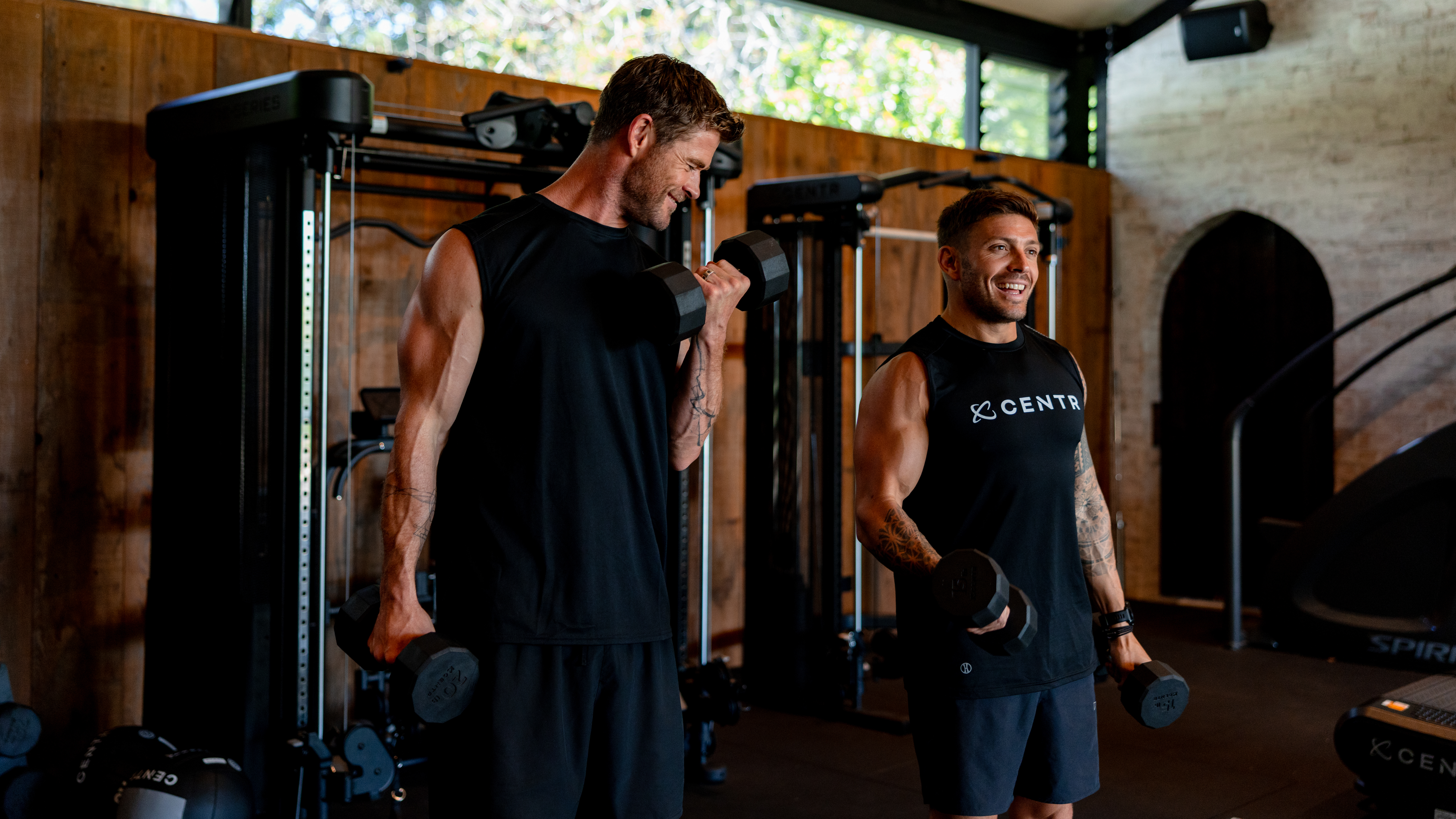 Build blockbuster arms and abs with Chris Hemsworth's go-to dumbbell circuit
Build blockbuster arms and abs with Chris Hemsworth's go-to dumbbell circuitAll you need are adjustable dumbbells and 20 minutes
By Sam Rider Published
-
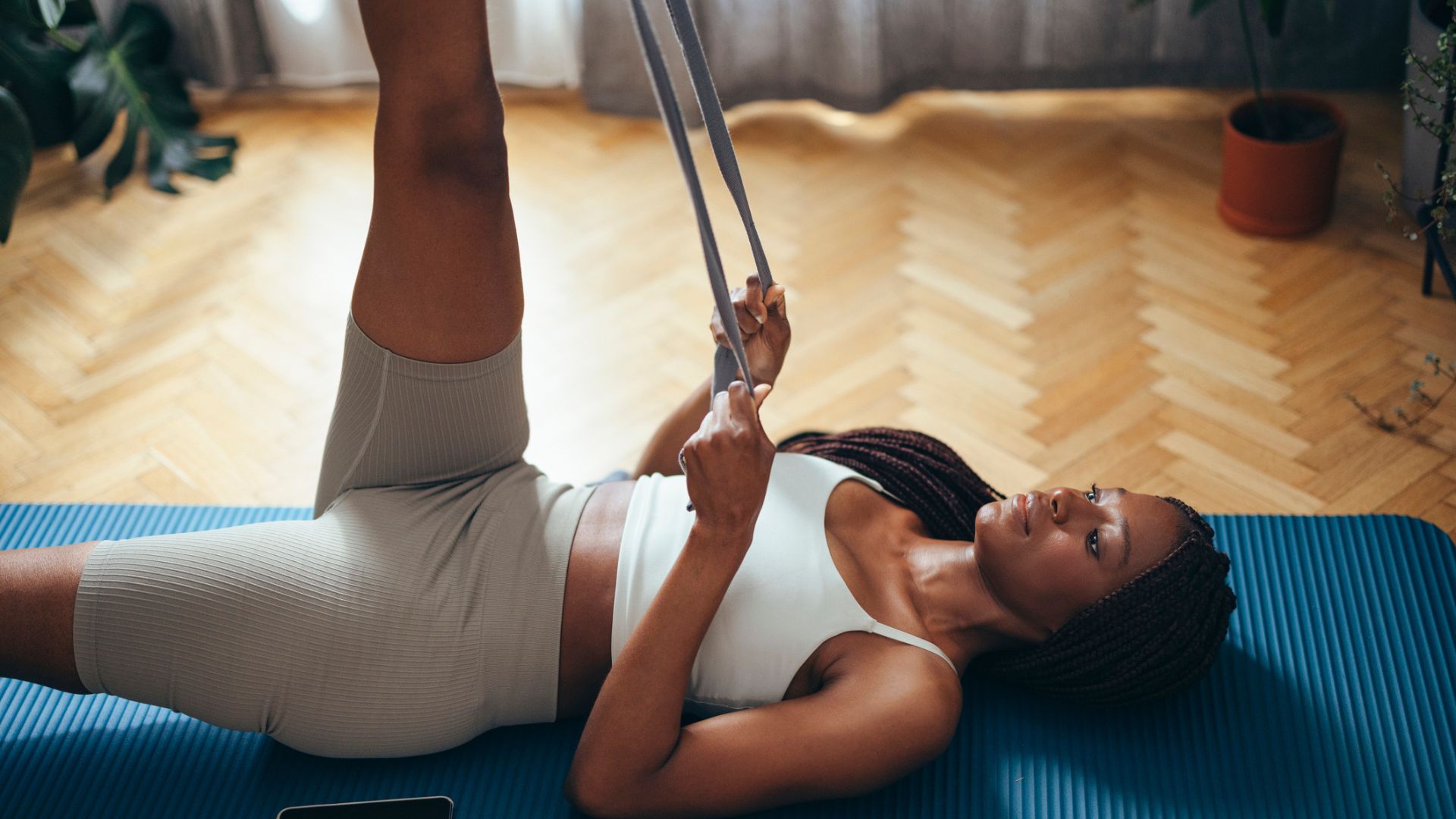 Forget crunches—if I wanted to improve core strength I'd do this neck-friendly Pilates workout
Forget crunches—if I wanted to improve core strength I'd do this neck-friendly Pilates workoutAnd it takes just five minutes
By Maddy Biddulph Published